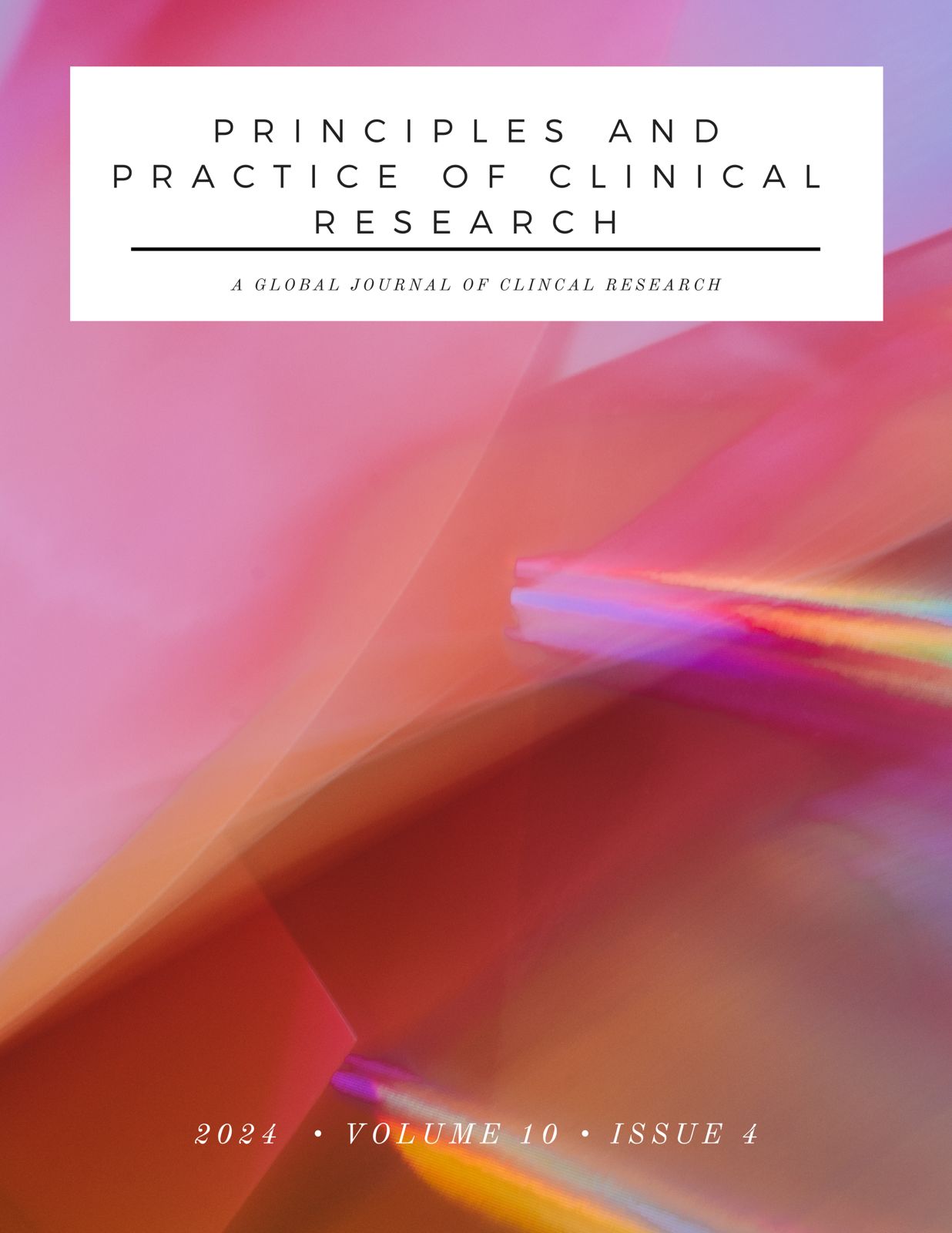Impact of Fast-Mimicking and Fasting Interventions on Enhancing Cancer Outcomes in Adult Patients: A Scoping Review of Clinical Evidence
Main Article Content
Abstract
BACKGROUND
Cancer represents a substantial burden in terms of morbidity and mortality on a global scale. Conventional cancer therapies tend to present adverse effects that significantly impair patients' quality of life. Recently, there has been a growing interest in the potential of fasting interventions to enhance cancer treatment outcomes and reduce treatment-related toxicities.
PURPOSE
The purpose of this scoping review aims to evaluate the clinical evidence of the impact of fasting-mimicking diets (FMD) and other fasting interventions on cancer outcomes in adult patients.
METHODS
A comprehensive search was conducted across the PubMed, Cochrane Library, and Embase databases, yielding 5,776 articles. Following the removal of duplicates, and the screening of titles and abstracts, 95 studies were reviewed in full text, with 10 studies (6 randomized controlled trials, 1 control clinical trial and 3 single-arm studies) meeting the inclusion criteria with 696 patients. Data extraction and risk of bias assessment were conducted using Covidence and the Cochrane ROB1 tool, respectively.
RESULTS
The included studies employed a variety of fasting protocols, including FMD, short-term fasting, and ketogenic diets combined with intermittent fasting. Some studies suggest fasting may enhance overall survival, quality of life, inflammatory biomarkers and a reduction in chemotherapy-induced toxicities, although the results were not entirely consistent.

